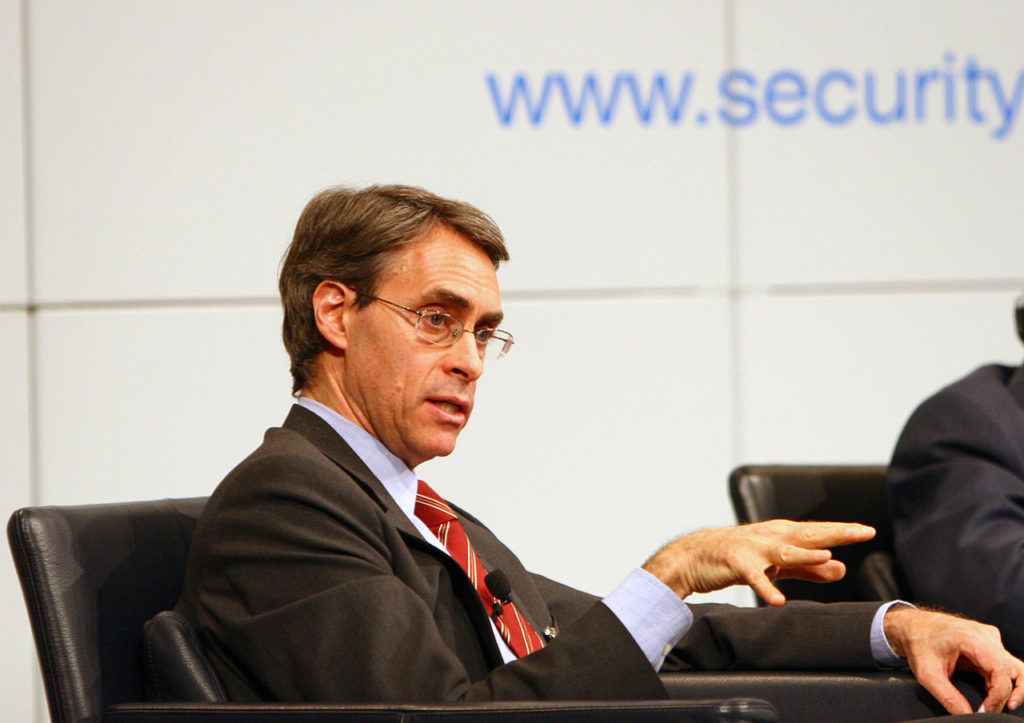Originally published at MintPress News.
AUSTIN, Texas — A nonprofit that studies global think tanks considers Human Rights Watch to be among the least transparent think tanks in the United States, at least in terms of its funding sources.
According to Transparify, think tanks around the world are becoming more transparent about the sources of their funding and how they put that funding to use. Starting in 2014, the NGO’s team has made yearly visits to think tanks’ websites and issued an annual report based on any publicly available information about major donors.
Published on June 29, Transparify’s 2016 report rated 200 major think tanks in 47 countries, and found that while 98 maintained reasonable standards of transparency, 102 are still relatively opaque about their funding. That’s an improvement from 144 non-transparent think tanks four years ago, when Transparify first began studying the issue.
“The number of organizations who still consider it acceptable to take money from hidden hands behind closed doors is rapidly dwindling,” Dr. Hans Gutbrod, Transparify’s executive director, told teleSUR English on June 29. “They are running out of excuses.”
HRW is one of six U.S. think tanks to receive a 2-star rating in the report, meaning that a visitor to the organization’s website can find information about all or most of its major donors, but little or no financial information about how much those donors gave.
A “Partners” page on HRW’s website lists 11 major donors, including the Ford Foundation, the MacArthur Foundation, and George Soros’ Open Society Institute.
Soros himself received a failing grade from Transparify. His Open Society Foundations are considered among the country’s most opaque, providing almost no donor information and receiving 0 stars in the report. Soros’ Open Society Foundations provided financial support for the Transparify report.
By contrast, the Center for American Progress, another left-leaning think tank that frequently focuses on human rights, was upgraded to a 4-star think tank in the 2016 report, because that NGO’s website now lists donors broken up into major financial categories based on the amounts given.
To receive a 5-star rating, the report notes that a think tank must have “all donors listed, clearly identifying funding amounts for, and sources of, particular projects.” One example is the Wilson Center, which offers detailed information not only about major donors, but also about which projects those donors supported.

HRW accused of ‘deep ties’ to US government
Human rights advocates have repeatedly accused HRW of promoting U.S. foreign policy in the guise of humanitarian watchdog reporting. The organization’s board members and advisors have included Miguel Díaz, a former CIA analyst, and Tom Malinowski, who served as senior director of the National Security Council at the Clinton White House, teleSUR English reported in February.
Controversy over HRW’s “revolving door” — the tendency of U.S. government officials to go straight from crafting foreign policy to advising the influential human rights organization — has dogged the NGO for years. In May 2014, Nobel Peace Prize winners Mairead Maguire and Adolfo Pérez Esquivel wrote an open letter to the organization’s executive director, Kenneth Roth, urging him to make immediate changes at HRW. The letter, which was co-signed by former and current U.N. officials and over 100 scholars, reads, in part:
Bar those who have crafted or executed U.S. foreign policy from serving as HRW staff, advisors or board members. At a bare minimum, mandate lengthy ‘cooling-off’ periods before and after any associate moves between HRW and that arm of the government.
A series of letters between the scholars and Roth followed, along with a June 11, 2014 debate on Democracy Now! between Reed Brody, counsel and spokesperson for HRW, and Keane Bhatt, the organizer of the open letter and a well-known critic of the group.
In a 2013 op-ed called “The Hypocrisy of Human Rights Watch,” Bhatt summarized his concerns, noting that from Latin America to Syria, HRW seemed to be prioritizing U.S. foreign policy objectives over actual human rights. Bhatt argued the NGO should openly acknowledge its role as a U.S. government mouthpiece:
HRW’s deep ties to U.S. corporate and state sectors should disqualify the institution from any public pretense of independence. Such a claim is indeed untenable given the U.S.-headquartered organization’s status as a revolving door for high-level governmental bureaucrats. Stripping itself of the “independent” label would allow HRW’s findings and advocacy to be more accurately evaluated, and its biases more clearly recognized.
Watch “Debate: Is Human Rights Watch Too Close to U.S. Gov’t to Criticize its Foreign Policy?” from Democracy Now!